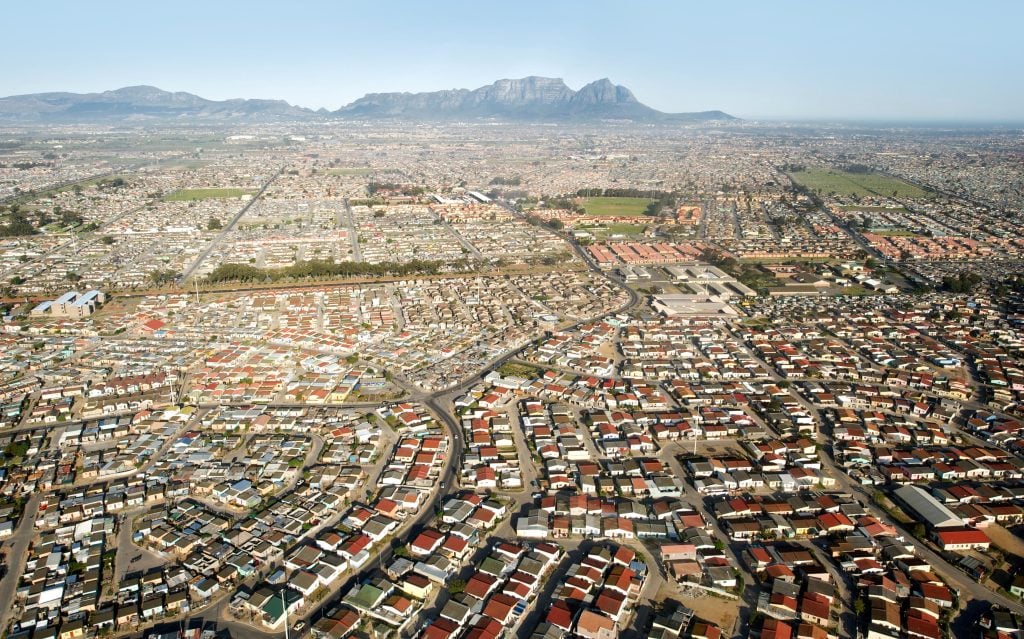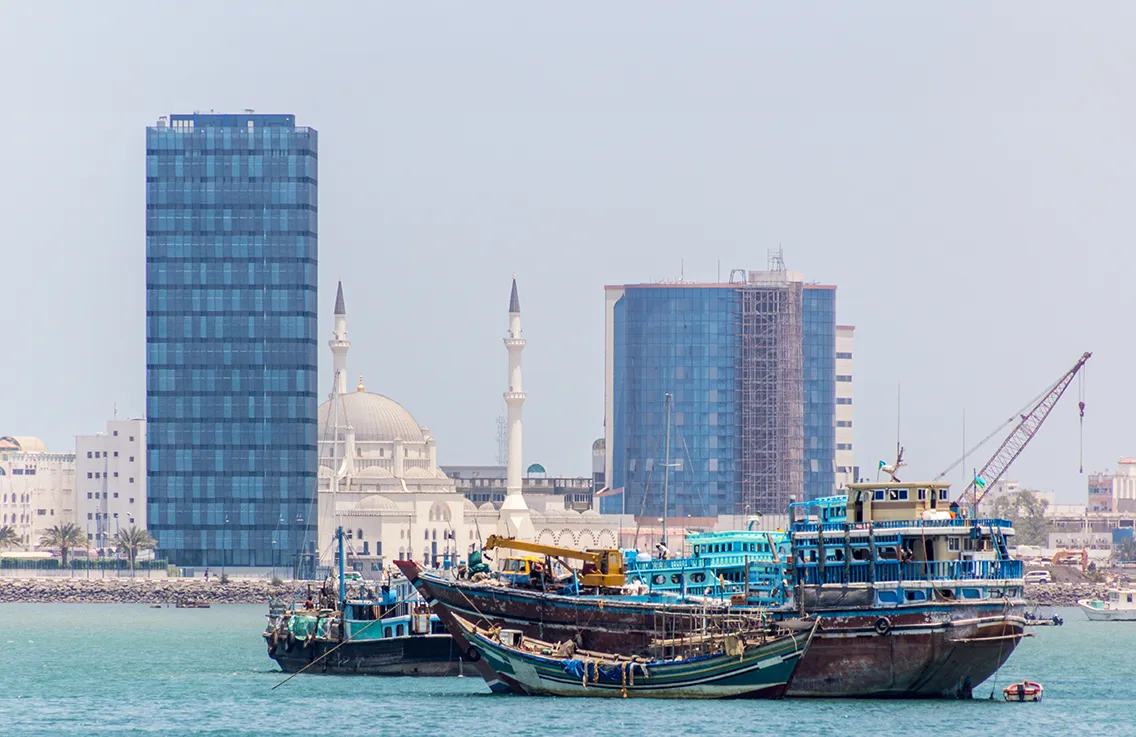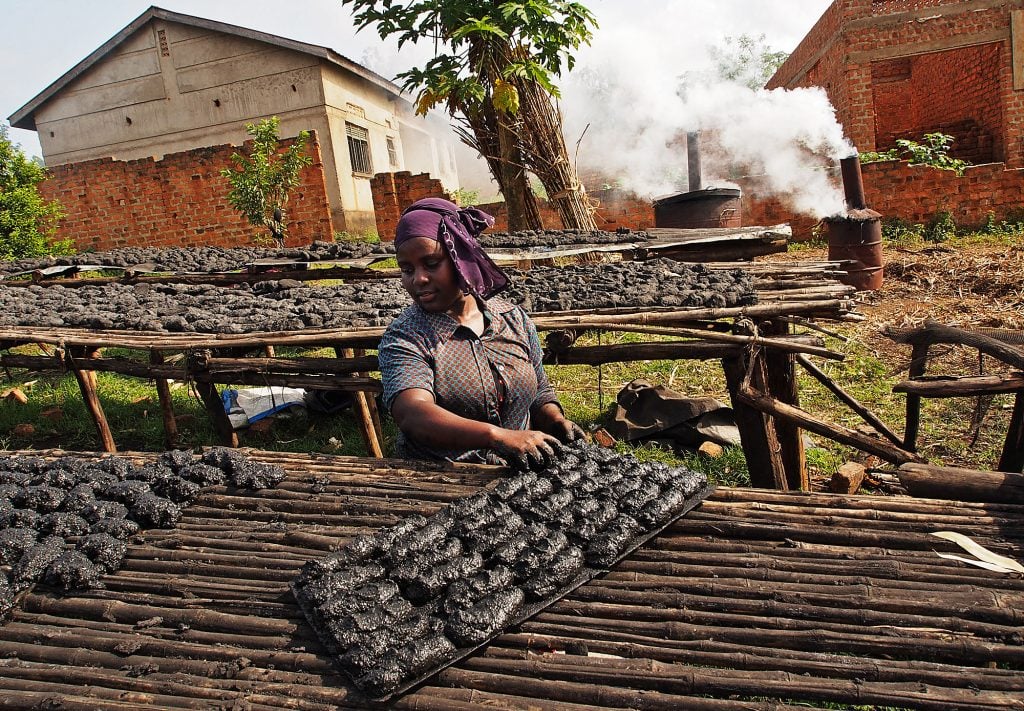
This article is sponsored by Brand South Africa
While the apartheid regime established townships and homelands, clearly with the aim of pushing the African majority population to the periphery of economic activities, many townships and villages always had a corner shop or supermarket. And in his last budget speech Minister of Finance, Enoch Godongwana said that “despite the improved global outlook for 2024, South Africa’s near-term growth remains hamstrung by lower commodity prices and structural constraints.”
Godongwana projected real Gross Domestic Product (GDP) growth of 0.6%, while the International Monetary Fund (IMF) recorded it at 0.9% for April and Statistics South Africa indicated 0.1% quarter-to-quarter growth for quarter 4 of 2023. The unemployment rate stood at 32.9% for quarter 1 of 2024 according to the Quarterly Labour Force Survey. The IMF recorded the unemployment rate at 33.5% for April 2024.
As one reflects on the above figures, the township economy comes up as one of the levers that can be pulled to stimulate the country’s economic growth and opportunities for domestic and continental investors, thus reducing unemployment. Appropriate upgrading of housing, transportation, roads and sanitation infrastructure is one of the catalysts that can establish townships as sustainable neighbourhoods. To address spatial planning challenges the government has since 2006 implemented the Urban Renewal Programme (URP), largely funded through the National Development Partnership Grant (NDPG).
At this point the focus will turn specifically to several townships whose role in the country’s liberation and socio-cultural heritage is worth mentioning.
Significant SA townships
The township of Mdantsane came into being in the 1960s in the aftermath of the forced removals in East London. The Eastern Cape province is often called the “home of legends”. Located about 15 km from East London, the township should be able to tap into the benefit of Buffalo City as an appealing centre for the import-export industry, and its strategic position. It is also a beneficiary of the government’s URP intervention, which should augur well for its economic development, especially in the tourism space.
Mdantsane is recognised as the home of boxing, with world champions such as Happyboy Mgxaji, Welcome Ncita, Vuyani Bungu and Zolani Tete, to name a few, hailing from the area. It is also the birthplace of entrepreneur and property developer Sakhumzi Klassen and celebrity chef Siba Mtongana.
Seshego, which means “a silo or airtight structure in which green crops are stored” was established in 1963 and until 1974 was the capital of the Lebowa homeland, now Limpopo Province. Initially called Moletši, and favourably located about 10 km north west of the Polokwane central business district (CBD), the township was proclaimed in 1963 to resettle black people of New Pietersburg. The previously multi-racial residential area was situated on the city’s edge at what is currently the Itsoseng Entrepreneurial Centre. Some scholars refer to Seshego as “an unexpected suburb”.
Local legislation, policies, and plans have intentionally targeted industrial areas between Polokwane City and Seshego, along with certain housing components.
Upgrading the Seshego Circle intersection is one of the examples of NDPG-funded interventions and part of the Precinct Plan for the Seshego Urban Hub.
The Integrated Public Transport Network (IPTN) project includes parts of Seshego.
The township has a few institutions of higher learning such as the Capricorn Technical Vocational Education and Training college, and is home to several government departments, presenting an opportunity for accommodation rentals. In addition to small-scale housing, there are other economic development opportunities in the township including growing the creative arts economy and optimal usage of the industrial site in Zone 6.
In terms of the creative arts economy, the Xclusive Spot Theatre in Zone 1 has become a venue of choice as it is keeping the arts and entertainment alive in Seshego.
Retired soccer players Gerald Raphahlela and Masilo Modubi, gospel artist Tumišang Makweya, known as Dr Tumi, and actors Eric Macheru call Seshego their kasi (home).
The Kwazulu-Natal township of Umlazi was established in 1962 to resettle residents relocated from Cator Manor and is about 22km from the Durban CBD, making it easy to tap into the metro’s tourism economy.
There are various catalytic projects underway in the eThekwini metro area, including the Umlazi Urban Regeneration, aimed at changing the spatial appearance and creating an enabling environment for the township economy to thrive. Umlazi also has an active night economy; the Eyadini Lounge and Max’s Lifestyle are some of the key attractions. Although born in Umbumbulu, about 25 km from Umlazi, the late Dr Oscar Dhlomo established himself in the township. He became a teacher at Menzi High School, headmaster at KwaShaka High School in 1973, then a businessman. Dr Dhlomo is father to businesswoman and erstwhile Drum magazine editor Khanyisile Dhlomo.
Other notable faces from this KZN township include Nkosinathi Maphumulo, better known as DJ Black Coffee; retired soccer players Japhet Zwane and Brilliant Khuzwayo; visual activist and photographer Zanele Muholi; and actresses Baby Cele, Gcina Nkosi and Linda Mtoba.
Endless opportunities
Some South Africans had to leave the country under apartheid and post-apartheid. This is an opportunity to urge them to come back: khumbul’ekhaya, remember home!
There are endless opportunities for continental investors through instruments such as the African Continental Free Trade Area (AfCTA) Agreement which is earmarked to “enable the free flow of goods and services across the continent and boost the trading position of Africa in the global market.”
It has been established that in the context of rural-urban migration, people are likely to reside in townships thus creating a township economic development (TED) market.
TED will however take more than the lamentation of foreigners’ invasion of the spaza shops sector: it indeed requires multi-stakeholder effort.






Recent Comments